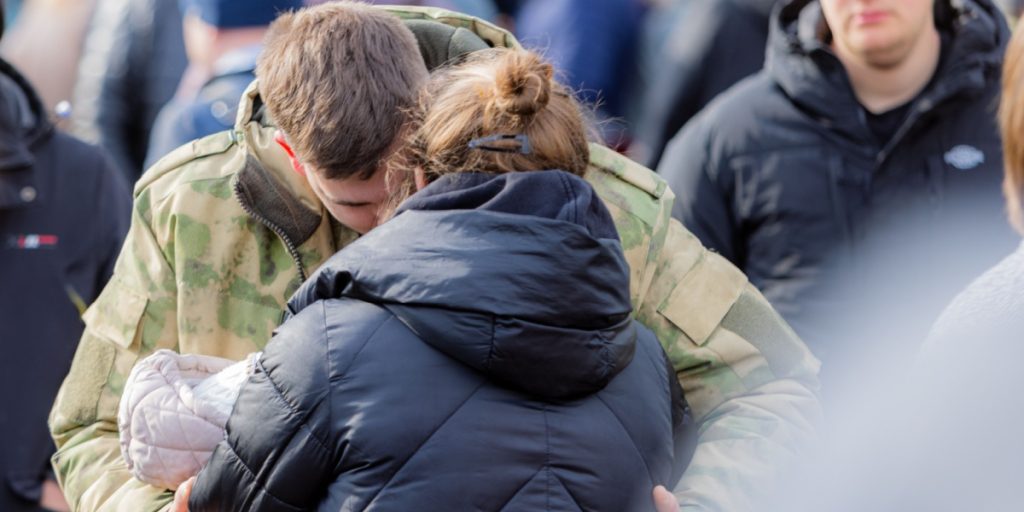The Prime Minister of Lithuania stated that the country may begin to deny residence permits to Ukrainians who are evading military service.
Others are reading now
Lithuania is considering denying residence permits to Ukrainian citizens who evade military service, Prime Minister Ingrida Simonyte revealed in an interview with the Financial Times.
She indicated that Ukrainians could be denied permanent residence if it is proven by Kyiv that they have avoided military obligations.
Simonyte emphasized Lithuania’s commitment to supporting Ukraine, stating her aim to “help Ukraine renew its armed forces and give people who have been fighting for a long time an opportunity to rest.”
Also read
Legal and Ethical Considerations
“We will not arrange deportations or search for Ukrainian men in the country, because that would be illegal,” Simonyte assured.
Additionally, the Lithuanian Prime Minister discussed the possibility of sending troops to Ukraine, noting that she has the parliamentary permission required for such deployments, but Kyiv has not yet requested this support.
She also expressed caution regarding how Russia might perceive such actions.
“If we just thought about Russia’s response, we wouldn’t be able to send anything. Every other week you hear that someone is going to be nuked,” the Prime Minister stated.
Regional Responses to Ukrainian Conscription
This move follows similar discussions in other countries.
Lithuanian Defense Minister Laurynas Kasciunas, echoing Poland, mentioned that Lithuania would deliberate on how to assist Kyiv in bringing back men of military age to Ukraine.
The publication “New-Europe” also shared narratives of Ukrainians who fled to the European Union to escape conscription, noting their fears of being extradited to Kyiv amid tightening mobilization regulations.
Political scientist Ivan Preobrazhensky weighed in on the matter, noting that countries like Poland and the Czech Republic could indirectly force the return of these individuals by altering visa extension rules.
For instance, they might require a certificate of unsuitability for military service to extend a visa, making it legally challenging for those of mobilization age to remain in the country.


